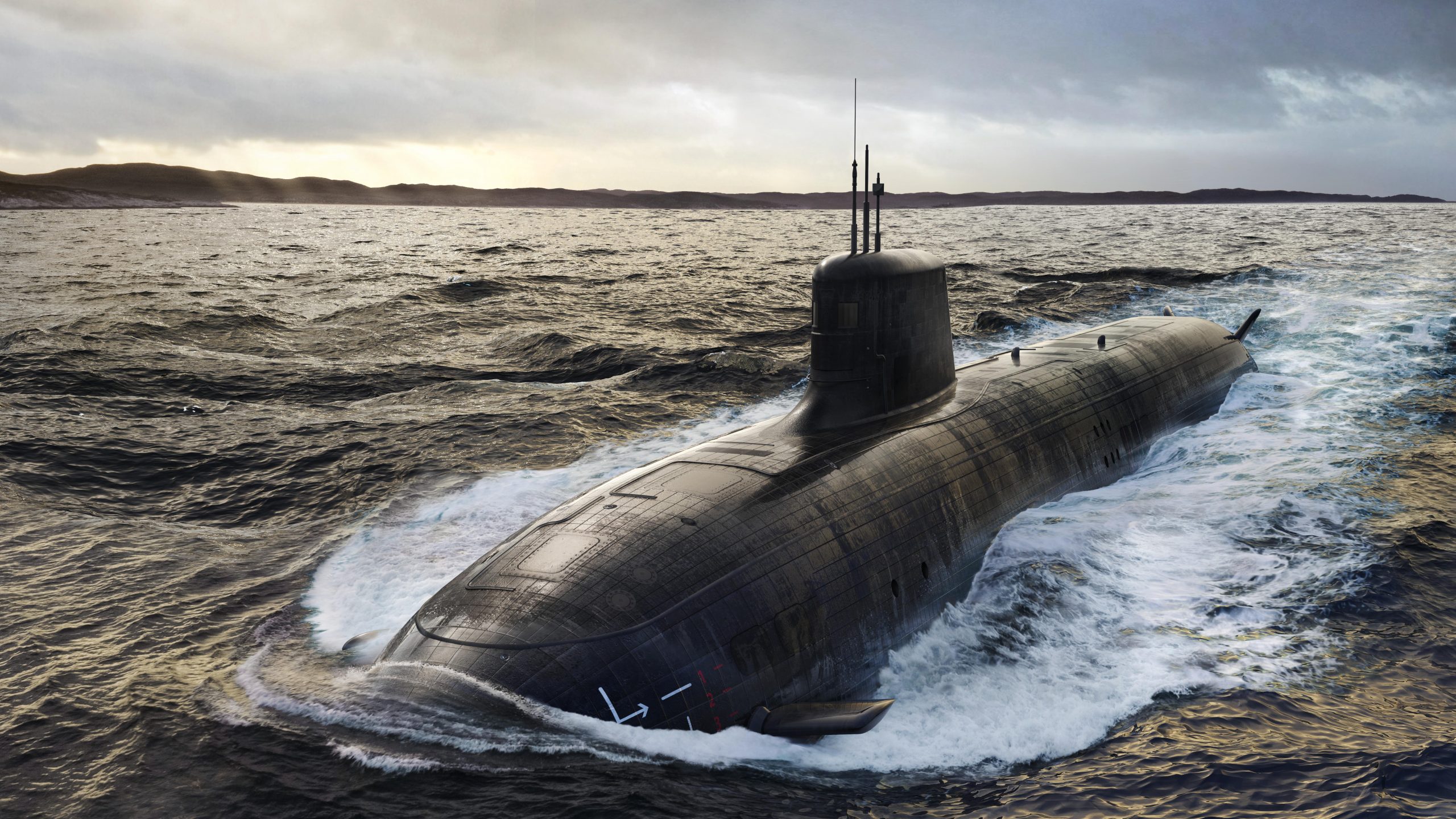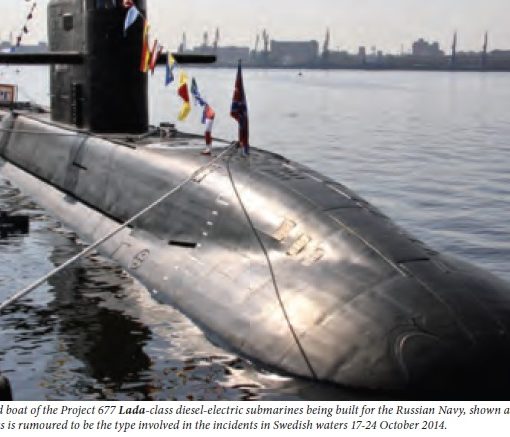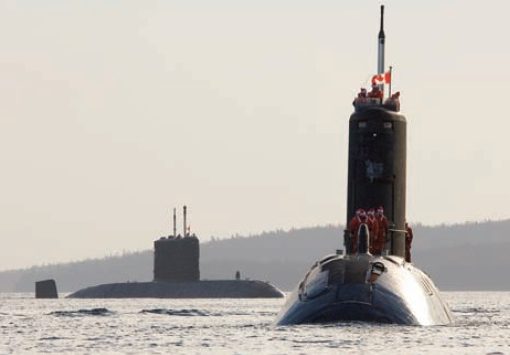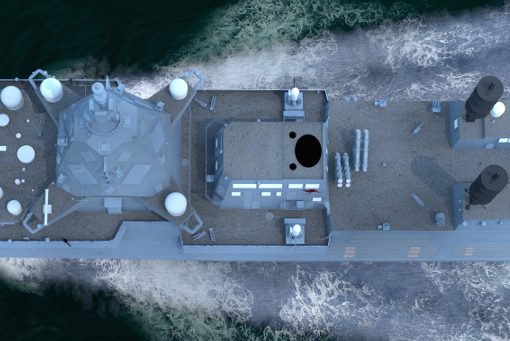By Brian Bertosa, 25 March 2023
In her Broadsides post with the enjoyable title of “AUKUS Awkward?” (21 March 2023), Dr. Griffiths points out that some people are concerned that the AUKUS agreement may be in violation of the Treaty on the Non-Proliferation of Nuclear Weapons (NPT). The short answer is no: the fact that a power reactor — even one fueled with Highly Enriched Uranium (HEU) — is not a weapon means that the AUKUS deal in no way violates the NPT. This is certainly the view of Penny Wong, the Australian Minister for Foreign Affairs, in her opinion piece “Aukus won’t undermine Australia’s stance against nuclear weapons” in the Guardian.1 If power reactors were the concern of the NPT, then every non-nuclear-weapon state with reactor technology acquired from a nuclear-weapon state — and there is a large number of such countries — would be in violation of the treaty.
James M. Acton, in his article "Why the AUKUS Submarine Deal Is Bad for Nonproliferation — And What to Do About It," confirms this, stating that "the NPT does not prohibit non-nuclear-weapon states from building or operating nuclear-powered ships."2
The issue appears to stem from the fact that nuclear materials used in naval reactors are, of necessity, outside the supervision of the International Atomic Energy Agency (IAEA). Here too, though, there is a loophole permitting the exemption of naval reactors from safeguards in the IAEA's Comprehensive Safeguards Agreement. The gist of Acton's concerns appears to be that, while we can trust the stated intentions of a robust democracy like Australia that the country has no intention of acquiring nuclear weapons, the same cannot be said of a theocracy like Iran, for example. Acton is not afraid that Australia will try to cheat; rather, he feels that AUKUS may set a precedent for other, less trustworthy countries to attempt to acquire weapons technology through the loophole of a naval reactor.
To mitigate this, one of the solutions he suggests is that AUKUS team up with France in order that a Low Enriched Uranium (LEU) core of French design power the new submarines. This appears highly unrealistic for a number of reasons, not the least of which is the enormous advantage to the Australians of never having to refuel a core fueled with HEU. Such a core is currently available only from the US or UK. I also think his distinction, in this context, between HEU and LEU may be a bit of a red herring. While it is true that starting with HEU allows a potential cheater to avoid the complicated step of enrichment, it is also true that the remaining steps to convert that HEU to a weapon cannot be done with equipment available from the Acklands Grainger catalogue! Reprocessing is enormously hazardous and expensive.
That said, recent history provides a number of examples of countries, beyond the original five, which have decided to pursue nuclear weapons, regardless of the cost, outside the framework of the NPT. For this reason, I believe it is unfair to saddle Australia, a signatory to the NPT, with the requirement to accept a second-best reactor core simply because there are potential cheaters out there. While I agree with Acton that the US and UK may want to set a precedent with respect to future transfers of naval reactor technology, I would nevertheless like to point out the following. First, a potential cheater will not care a whit about Australia’s good-heartedness in this matter, making an empty gesture of Australia’s willingness to accept a less-capable reactor technology. Second, countries with the ability to reprocess often possess the technology to enrich as well, rendering moot, in those cases, Acton’s proposed condition that only LEU cores be provided. Finally, such a country is most assuredly not going to be trying to acquire naval reactor technology from the US or UK in any case. Whether any other countries are going to be willing to sell is another matter entirely.
Notes:






2 thoughts on “AUKUS and the NPT: a Reply to Dr. Ann Griffiths”
Very well written counter argument, Indeed currently France does use LEU in their carrier and submarines this requires refueling every 7-10 years depending how the unit is used, this makes it more costly than a HEU reactor.
Secondly there’s no way the French will jump onto the back of the submarine program. It would require a complete redesign of the reactor and engineering sections of the SSN-AUKUS and that isn’t going to happen.
I would also add that France is currently helping Brazil with its nuclear submarine program which is being built as we speak. On top of this I would also add that this is not the first time nuclear submarines from a nuclear nation handing over a nuclear submarine to a non nuclear nation. I specifically point to the Soviet Union / Russia here as in 1988 they handed over a Charlie class SSGN and in 2011 handed over a Akula II to India.
Stop dreaming that France can be a reasonable partner in defense procurement. It always comes with conditions. India’s defense deal with France is a good example. French foreign policy reflects what France wants, not what the partner nation wishes for. And Canada is not important enough or worth pissing off Washington. Nuclear propulsion is always off the table for Paris. That brownie point can always be saved for something more useful than Canada in the future. The Brazil deal is because Brazil paid through the roof and gave mineral deal for French state-owned companies for off-shore drilling and on-shore mining. Canada can never do that